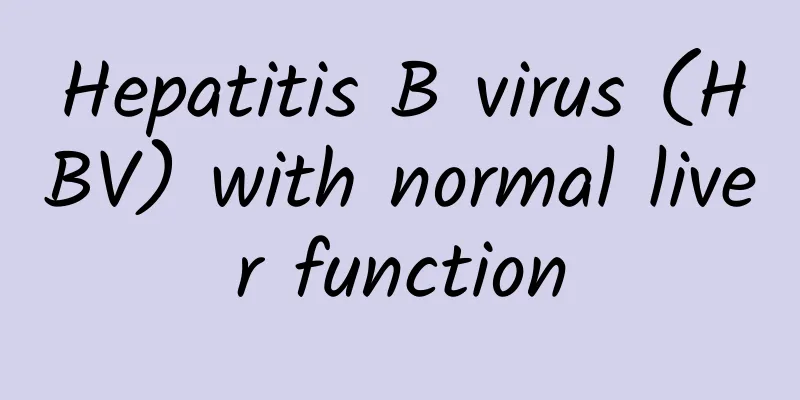Which chemotherapy drugs are best for intravesical instillation?

|
Intravesical instillation is a relatively common treatment method. Chemotherapy drugs are instilled into the bladder. This is a common method for treating bladder cancer. It is also a common auxiliary method for other urothelial cancers, such as ureteral cancer and renal pelvic cancer. This kind of instillation treatment can reduce the recurrence rate of bladder cancer. Instillation drugs are mainly divided into two categories. One is immune preparations, that is, BCG, and the other is chemotherapy drugs. There are many types of chemotherapy drugs. Which chemotherapy drugs are best for intravesical instillation? Intravesical instillation therapy is an important adjuvant treatment for bladder cancer and other urothelial cancers (renal pelvis cancer, ureteral cancer) after surgery. Instillation therapy can reduce the recurrence rate of bladder cancer, and some literature reports that it can reduce it by 14%. There are many kinds of drugs for intravesical instillation therapy, which are mainly divided into two categories: one is BCG (an immune preparation), which is the first choice for intravesical treatment of carcinoma in situ and some highly dangerous superficial bladder cancers. The other category is chemotherapy drugs, which have many types and each hospital purchases different drugs. Commonly used ones in clinical practice include epirubicin, pirarubicin, mitomycin, hydroxycamptothecin, gemcitabine, etc., which are suitable for all superficial bladder cancers. Based on the currently published literature, it is not yet possible to evaluate which chemotherapy drug is more effective. Intravesical chemotherapy is generally divided into two stages: once a week in the early stage for 4-8 weeks, and then changed to once a month for 6-12 months. Before instillation, the bladder should be emptied of urine as much as possible, and after instillation, urine should be retained for 1 hour before urinating. What is intravesical chemotherapy? Intravesical chemotherapy is a type of intracavitary chemotherapy. The doctor uses a catheter to inject chemotherapy drugs into the bladder. After a certain period of time, the patient will naturally empty his urine and the treatment is completed. The retention time of different drugs varies, but it should be noted that the retention time needs to be strictly in accordance with the instructions to achieve the best infusion effect of the drug. Dietary suggestions: Drink plenty of boiled water every day Eat more vegetables and fruits, especially cabbage, cauliflower, radish, Chinese cabbage, rapeseed, shepherd's purse, kiwi fruit, banana, jujube and other fresh fruits Eat less fatty foods. The more fatty foods you eat, the greater your risk of bladder cancer. Eating foods rich in vitamin A and carrots can reduce the risk of cystitis |
<<: What is the bladder capacity?
Recommend
Folic acid can cause brown discharge
For many women who are preparing for pregnancy or...
What are the benefits of taking vitamin B for girls?
Vitamin B has many benefits to the human body and...
What Chinese medicine should I take for kidney essence deficiency?
Kidneys are the foundation of life. The health of...
Bleeding during intercourse two months after abortion
After an abortion, a woman's body will suffer...
How to deal with allergic eczema during pregnancy
If you develop allergic eczema during pregnancy, ...
What causes chest herpes?
Herpes is a common virus that poses a great threa...
What are the medicinal properties of hemp seed?
Hemp seed is a traditional Chinese medicine and i...
Why do some babies have high alkaline phosphatase?
If a baby shows some abnormal conditions, don'...
What to do if you have tachycardia
The importance of the heart to people is self-evi...
Will rubbing breast hyperplasia improve it?
Breast hyperplasia is relatively common in life. ...
What are the symptoms of toxins in the blood?
Toxins in the blood are the contributing factors ...
How harmful are lipolysis injections?
For most people, lipolysis injections are relativ...
Why do I vomit blood when I sleep at night?
Vomiting blood while sleeping at night is a very ...
Congenital ectodermal dysplasia
Congenital ectodermal dysplasia is a type of cong...
How can I still have my period when I am pregnant?
Generally speaking, a woman's menstruation wi...









